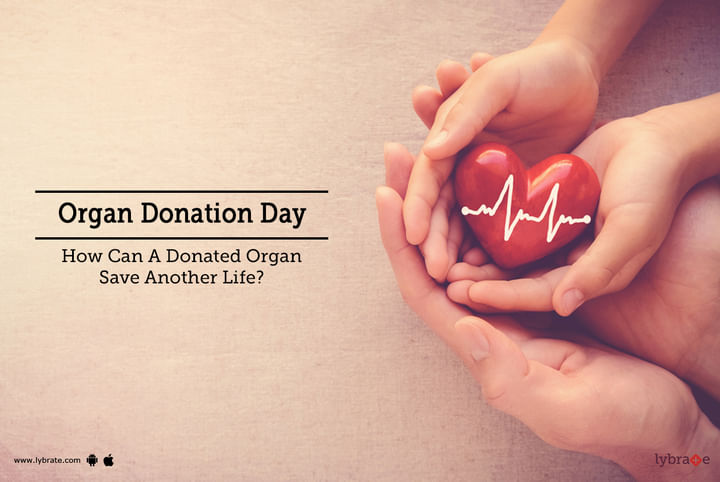Organ Donation Day - How Can A Donated Organ Save Another Life?
Organ donation is the greatest way to save lives. While death takes a person’s life away, their organs can still be donated to save other lives. One organ donor can donate up to 25 organs and tissues, which can save almost 9 lives. Organs such as liver, heart, kidney and pancreas can be donated.
What is organ donation?
Organ donation is the method of surgically removing the organ of the donor and placing it into the recipient. Here, the recipient’s dysfunctional organ is replaced with the proper functioning organ of the donor. These transplants improve the quality of life for the patient and give them another shot at life.
How can it change lives?
Vital organs such as kidney, liver and heart can be transplanted with failing organs. This saves the patient from depending upon expensive treatments for surviving. They can return to their normal lives after a transplant. For example, if a person has a cornea transplant, he or she can regain the ability to see and move properly like others.
In organ donation, the person pledges during his or her lifetime, that their organs can be used for transplantation – after their death – to help other patients live their lives. With advancements in medical science, even the elderly people in their 80s can donate their organs.
Types of organ donation are –
- Living donation - Here, a live person donates their organ for transplantation to someone else. The donor can be a family member (living related donation) or a relative of the recipient (living unrelated donation). Those who have opted for this will be analyzed to ensure that the organs are functioning properly and are a match. You can give a part of your liver to someone having liver cancer and end-stage liver diseases. Kids with metabolic diseases can also be cured by a liver transplant. You can also donate a kidney to another person whose kidney has failed. This way, both lives are sustained, as a healthy person can survive with one kidney.
- Deceased cadaver donation - Here, the patients register and get admitted to a hospital for transplantation. He or she will be put on a waiting list. Then, when the organ is available from a deceased patient, the patient will be notified. Then the transplantation will occur, and thus the patient will be able to live lie normally again.
The following organs can be donated after death –
-
Heart
-
Liver
-
Kidneys
-
Pancreas
-
Tissue
-
Corneas
-
Lungs
-
Small bowel
People of all ages can become an organ donor. The doctors will check the age and past medical history of the potential donor.



+1.svg)
